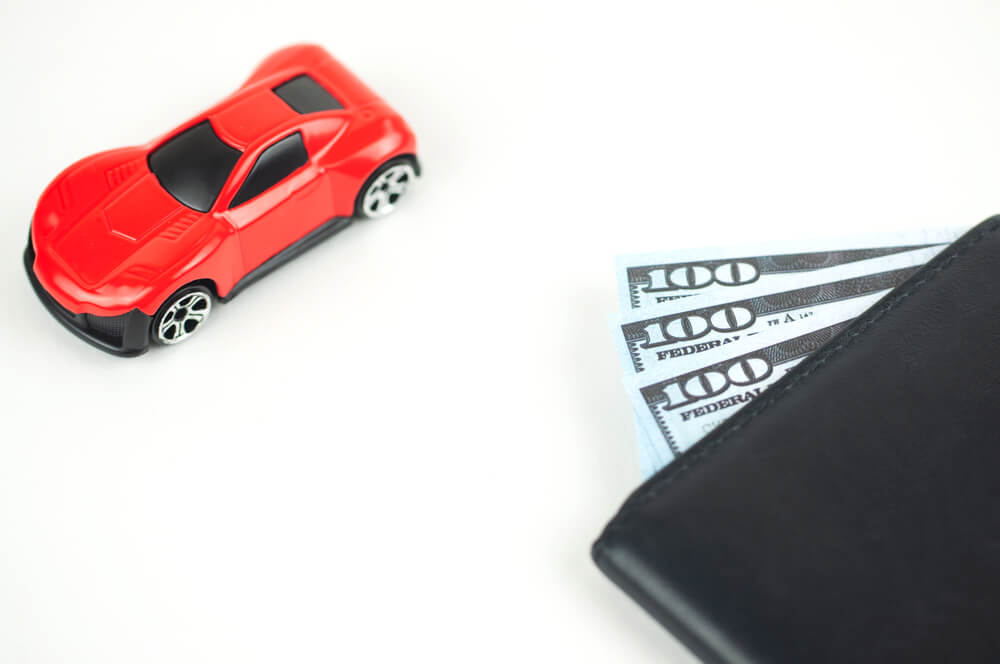
Title pawning is a form of lending that allows borrowers to use their car titles as collateral. Lenders provide cash advances in exchange for the title, and the borrower agrees to repay the entire loan plus agreed interest and fees within a set period.
Title pawning can be a beneficial way to access cash quickly in an emergency, but it also has some drawbacks. Let’s explore the pros and cons of title pawning so that you can decide if it’s right for you.
What is a Title Pawn, and How Does it Work?
It is a short-term loan that uses your car as collateral. To get a title pawn, you’ll need to bring your car and its clear title to a pawn shop. The shop will assess the value of your car and give you a cash loan based on a percentage of that value. You’ll have a set period to repay the loan, plus interest and fees. If you don’t repay the loan in full, the pawn shop will have the right to repossess your car.
The Advantages of Title Pawning
The advantages of title pawns include:
The main benefit of title pawning is that it’s a quick and easy way to get cash. If you need money fast for emergency expenses, a title pawn can give you the funds you need within hours.
Another advantage of title pawning is that it’s a relatively low-cost form of borrowing. Title pawns typically have lower interest rates than payday loans or credit cards. Additionally, many pawn shops don’t charge application fees or prepayment penalties.
Finally, title pawning is a non-recourse loan, which means that the borrower is not personally responsible for repaying the debt if they can’t afford it. The lender can only collect on the collateral – in this case, the car. It protects borrowers from damaging their credit or being sued for the outstanding loan balance.
The Disadvantages of Title Pawning
While there are some benefits to taking out a title pawn, there are also some potential drawbacks:
The biggest downside of title pawning is that it’s a high-risk form of borrowing. If you can’t repay the loan, you could lose your car. It is a particularly significant risk if you live in a state that allows lenders to repossess cars without a court order. Title pawns also tend to have high-interest rates, making it challenging to repay the loan. In some cases, the interest rate on a title pawn can be as high as 300%.
Another disadvantage of title pawning is that it can put your car at risk of being damaged or stolen. If you leave your car at the pawn shop for an extended period, there’s a chance that it could be vandalized or broken into.
Finally, title pawns can be challenging to get if you have bad credit. Many pawn shops require borrowers to have a good credit score to qualify for a loan.
How to Decide If Title Pawning is Right for You
Before you take out a title pawn, it’s critical to understand the dangers and advantages. Here are some things to consider:
- Consider your financial needs: A title pawn may be a good option if you need cash for an emergency expense. But more affordable options are available if you’re looking for a long-term loan.
- Consider your ability to repay the loan: Can you afford the monthly payments? If not, you could lose your car.
- Shop for the best terms: Not all title pawns are created equal. Be sure to compare interest rates, fees, and repayment terms before you decide on a loan.
- Understand the risks: Remember, title pawns are a high-risk form of borrowing.
Before making a decision, carefully examine the advantages and negatives. And always remember: never borrow more than you can afford to repay.
What to Do If You Can’t Pay Back the Loan
If you’re having trouble repaying your title pawn, there are a few things you can do:
First, try to negotiate with the lender. Many pawn shops are willing to work with borrowers who have difficulty repaying their loans. You may be able to reduce the interest rate or prolong the loan duration.
Second, you can try to sell the car yourself and use the proceeds to pay off the loan. This option may be difficult if you owe more than the car is worth, but it’s worth a try.
Finally, you can surrender the car to the lender if all else fails. It will damage your credit, but it’s better than repossessing your car.
Alternatives to Title Pawning
There are a few other options to consider:
Personal loans: Personal loans typically have lower interest rates than title pawns and can be used for various purposes.
Auto equity loans: If you own your car outright, you may be able to take out an auto equity loan. These loans mainly offer you lower interest rates than title pawns. But they’re still risky because you could also lose your car if you can’t repay the loan.
In Conclusion
Title pawns can be a helpful way to get cash in a pinch, but they’re not without their risks. Be sure to understand the terms of the loan before you sign the dotted line, and make sure you can afford the monthly payments. If you’re having trouble repaying the loan, try negotiating with the lender or selling the car yourself. And always remember: never borrow more than you can afford to repay.







